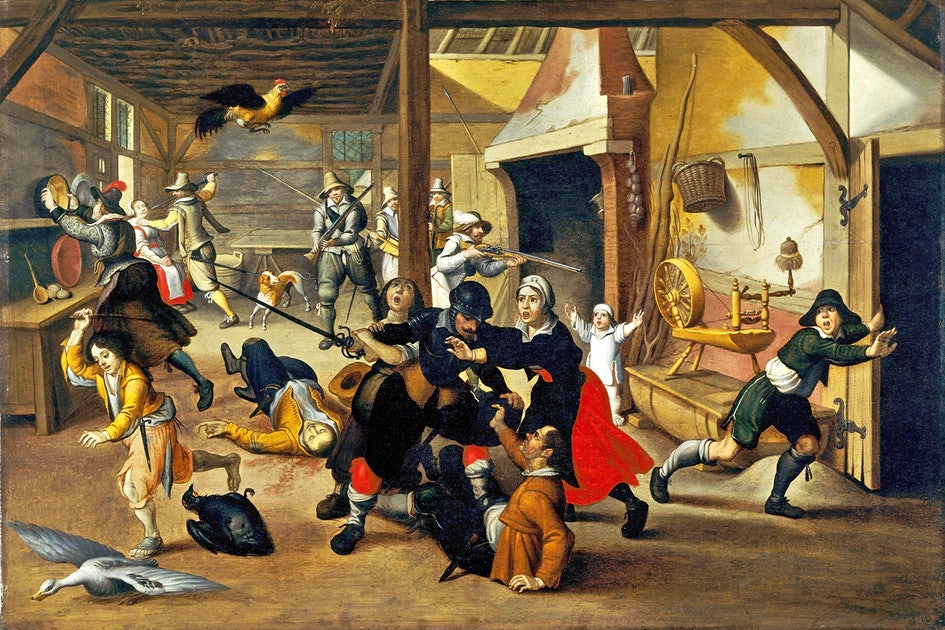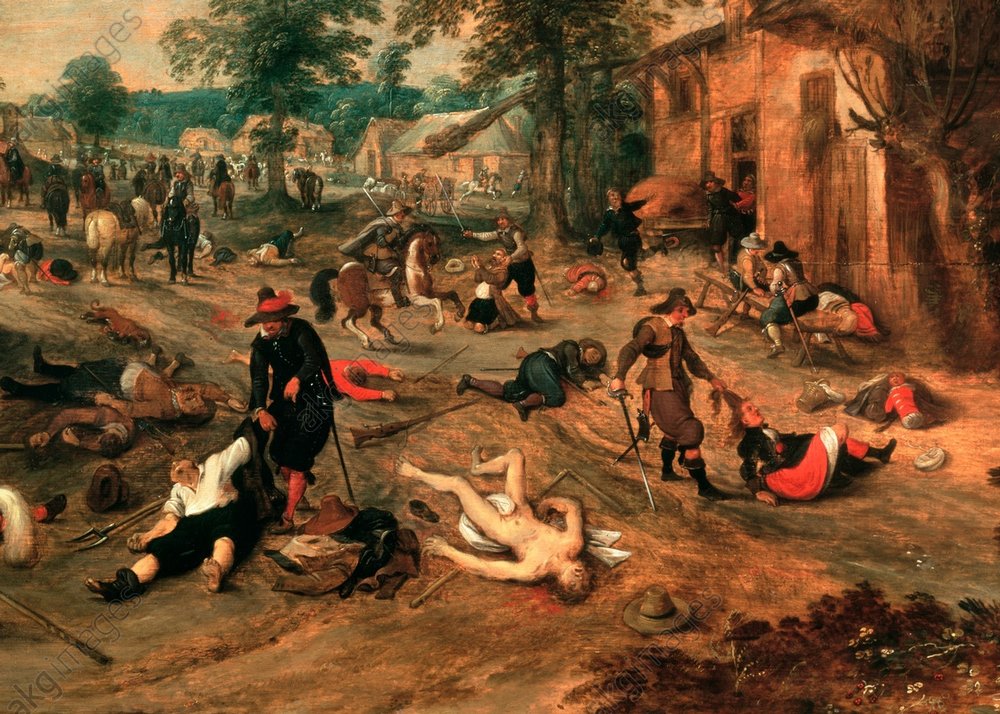
|
|
|
|
|
|
|
|
||||||||
Aspects of the personality: War
"Nobles are those who have the obligation of the blood tribute," the Marquis of La Vallière says to Angélique, "The nobility and the army are the same thing." Being noble means carrying a sword and submitting to feudal obligations, first of all providing military help to the sovereign, feudal lord or king.
Philippe du Plessis-Bellière is initiated to the military career at the age of sixteen by choice of his father, who notices the dangerous turn that his son's education is taking. At the time, Philippe is a page of Cardinal Mazarin, a fortunate position but not without risk, due to the "Italian practices" popular in the Prime Minister's entourage.
A financially demanding decision for the family, already in dire straits: a lot of money is needed to buy the charge of colonel, but even more is needed to recruit and keep a personal regiment of musketeers. However, Philippe is an only child and his family must invest in him.
A wise and providential decision, that of the Marquis his father, because no other activity would have been more suited to Philippe's temperament, and because military activity will be his lifeline.
As in hunting, an activity similar to war, one must have intelligence and strategic ability. Philippe has both of them. Behind his deadpan and absent gaze, Philippe sees everything and can anticipates the moves of the enemy in battle as well as of hunted prey. He develops effective strategies and implements them with rapid decision (another essential quality, which Philippe clearly demonstrates in the scene of the killing of the wolf and in the final act of his life). Reckoning, self-control, secrecy and authority are other aspects of an army commander, which we find in Philippe, who is defined as cold, impassive, inscrutable, enigmatic. With the exception of the outbursts of wrath and of the explosions of violence against Angélique, which are the private equivalent to the rapes and abuses on losers in the war. As for authority, everyone obeys him, men and animals. And finally courage, a primary quality of Philippe's character, which he possesses to an exceptional degree. As already highlighted, the protagonist proudly describes to Monsieur de la Vallière the early exploits of Philippe, who, as a child, used to chase wolves alone in the forest of Nieul. |
In the memorable episode of the "curée" we see Philippe in his splendid bloodied clothes dangerously approaching the savage circle of ravenous dogs, as ferocious as wild beasts. The audacity and the sang-froid that the marquis proves "with magnificent unconcern" astonish M. d'Andijos, who does not know him, and comments: "To look at him you wouldn’t think he had the strength to crack an almond or pull petals off a daisy. I must say, I never in my life saw a huntsman who dared go so close to the trophy for fear of being attacked” (and M. d'Andijos has just returned from a six years’ rebellion in Languedoc, he is not a courtier).
"The King loved him for his beauty and for his bravery." And for this reason he forgave him many things. Philippe grew up with the King (he is four years older than him), was with him as a boy at court, and shared military training with him. In the scene of the banquet at the camp, the night before Philippe's death, the King reminds him when, during his first battle (the King was fifteen, therefore in 1653, during the war against Spain), he lost his hat for an enemy bullet. And Philippe ran straight away under the fire to pick it up.
Philippe “is not afraid of death”, had said Ninon de Lanclos. Dying under the cannon fire, which has been sweeping the escarpment since the dawn, will be the last, consistent act of heroism of the Marshal. « Back to the Philippe du Plessis-Bellière: Part I |

